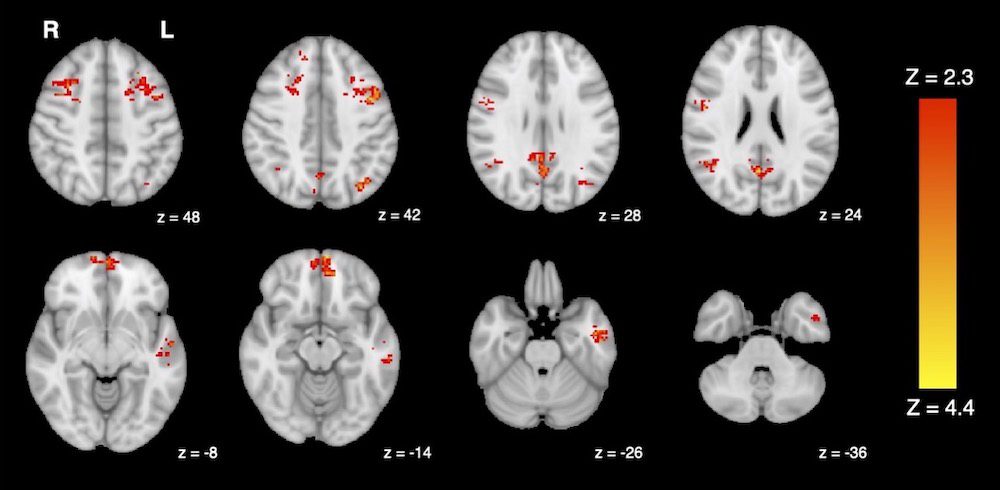Even brief exposure to pollution emitted by internal combustion engine vehicles can be enough to cause damage to the human brain, a new study has found.
The world-first study by Canadian researchers from the University of British Columbia and the University of Victoria has shown that common levels of traffic pollution are capable of impairing brain function in a matter of hours.
“For many decades, scientists thought the brain may be protected from the harmful effects of air pollution,” said Dr. Chris Carlsten, the senior study author and the head of respiratory medicine and the Canada Research Chair in occupational and environmental lung disease at UBC.
“This study, which is the first of its kind in the world, provides fresh evidence supporting a connection between air pollution and cognition.”
The findings were published in the peer-reviewed journal Environmental Health and showed that only two hours of exposure to diesel exhaust can decrease the brain’s functional connectivity – a measure of how different areas of the brain are able to interact and communicate with one another.

The controlled experiment briefly exposed 25 healthy adult volunteers to diesel exhaust and filtered air at different times in a laboratory setting. Brain activity was measured before and after each exposure using a functional magnetic resonance imaging (fMRI).
By analysing changes in the brain’s default mode network (DMN) – a set of interconnected regions of the brain that play a vital role in memory and internal thought – the fMRI revealed that participants had experienced decreased functional connectivity in widespread regions of the DMN after exposure to diesel exhaust, as compared to when they were exposed to filtered air.
While the changes in the volunteers’ brains was temporary and connectivity returned to normal after exposure, Dr. Carlsten believes that the effects could be long-lasting where exposure is continuous.
“We know that altered functional connectivity in the DMN has been associated with reduced cognitive performance and symptoms of depression, so it’s concerning to see traffic pollution interrupting these same networks,” said Dr. Jodie Gawryluk, a psychology professor at the University of Victoria and the study’s first author.
“While more research is needed to fully understand the functional impacts of these changes, it’s possible that they may impair people’s thinking or ability to work.”
“People may want to think twice the next time they’re stuck in traffic with the windows rolled down,” added Dr. Carlsten.
“It’s important to ensure that your car’s air filter is in good working order, and if you’re walking or biking down a busy street, consider diverting to a less busy route.”
The study in question focused only on traffic pollution, but Dr. Carlsten nevertheless expects other combustion pollutants are likely to pose a similar level of health risk.
“Air pollution is now recognised as the largest environmental threat to human health and we are increasingly seeing the impacts across all major organ systems,” said Dr. Carlsten.
“I expect we would see similar impacts on the brain from exposure to other air pollutants, like forest fire smoke. With the increasing incidence of neurocognitive disorders, it’s an important consideration for public health officials and policymakers.”
Article Credits: The Driven
